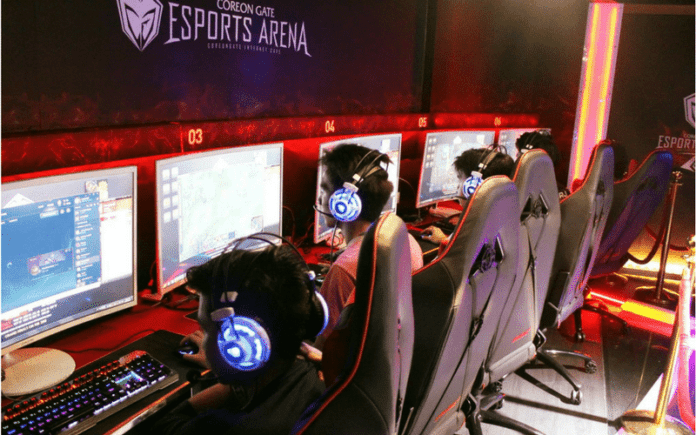Amidst of the various exploits leading to violation of the Anti-money laundering, immigration, and tax laws, Bienvenido Abante Jr, the house minority leader has filed an act which seeks to prohibit the operations of any offshore gaming by any means or device within Philippine territory. Earlier along with Bienvenido Abante Jr , this Anti-POGO (Philippine Offshore Gaming Operations) act has been reportedly filed by many Philippines lawmakers in a bid to declare the Philippine Offshore Gaming Operators as an “Illegal” operation.
A POGO is an entity which offers and participates in offshore gaming services by providing an online platform where players may gamble with others over the internet. Philippine Offshore Gaming Operators (POGOs) are online gambling firms which operate in the Philippines but they cater to customers outside the country. As it is highly illegal to gamble in China and other countries and to bypass this situation, Philippines offer these operations where they make sure to function offshore so that they may continue catering to Chinese nationals and others as well who play casino and e-games online.
The act which was filled by those Philippines lawmakers and by the House minority leader as well do state in the bill,
“It is therefore declared by the State that Philippine Offshore Gaming Operations or ‘POGOs’ conducted within the Philippines have increasingly become a social menace and a source of unimaginable corruption,”
“It has made a mockery of our anti-money laundering, immigration and tax laws. It has been a source of untold criminal offenses and heinous crimes related to the conduct of such operations.”
Once this bill is successfully inculcated, it might even witness a ban which will be imposed on the online creation of the POGO hubs along with it will be the establishment of gaming labs or the possession of any “gaming paraphernalia.” as reported by asgam.com
The Anti-POGO act has been filed after the PAGCOR (Philippine Amusement and Gaming Corporation) allowed the POGOs to function partially in a bid to boost the government revenue due to the ongoing global Coronavirus pandemic.




